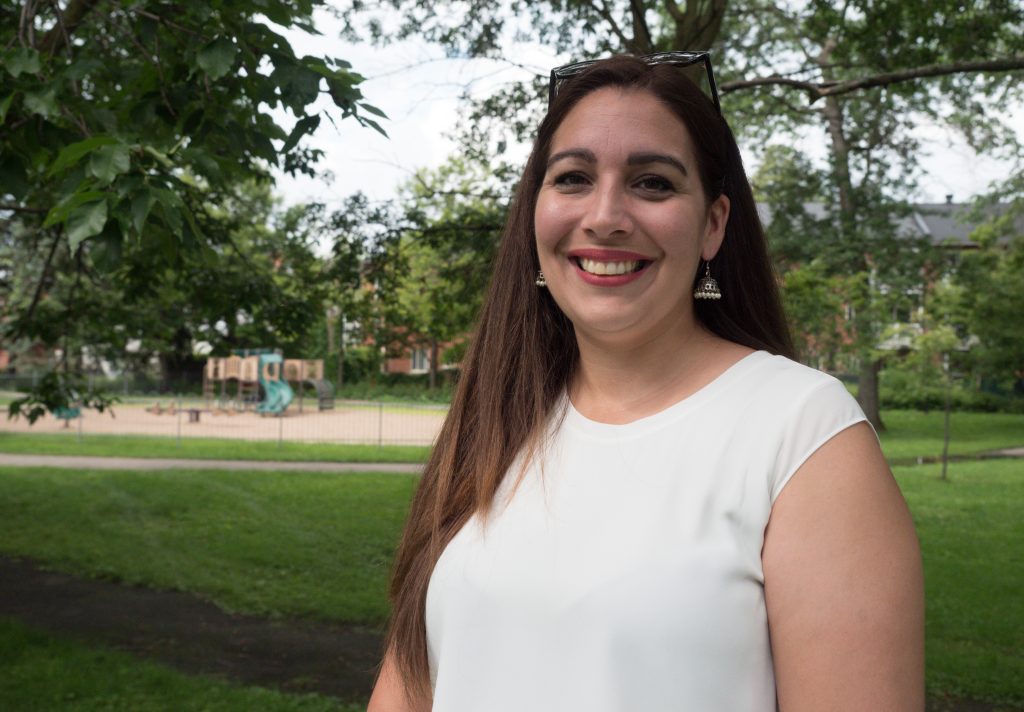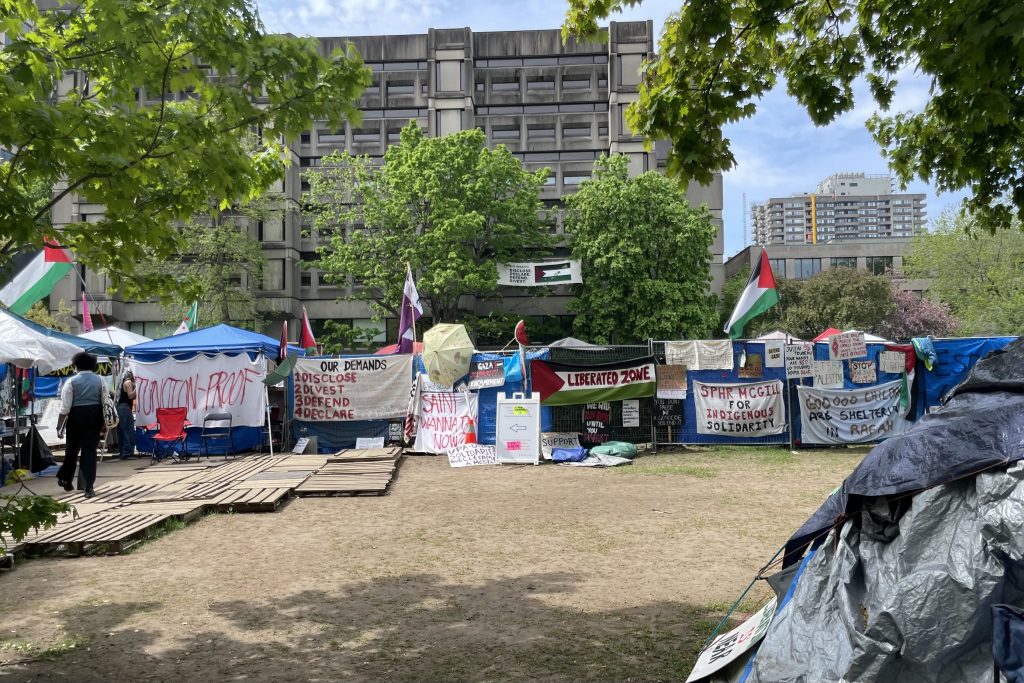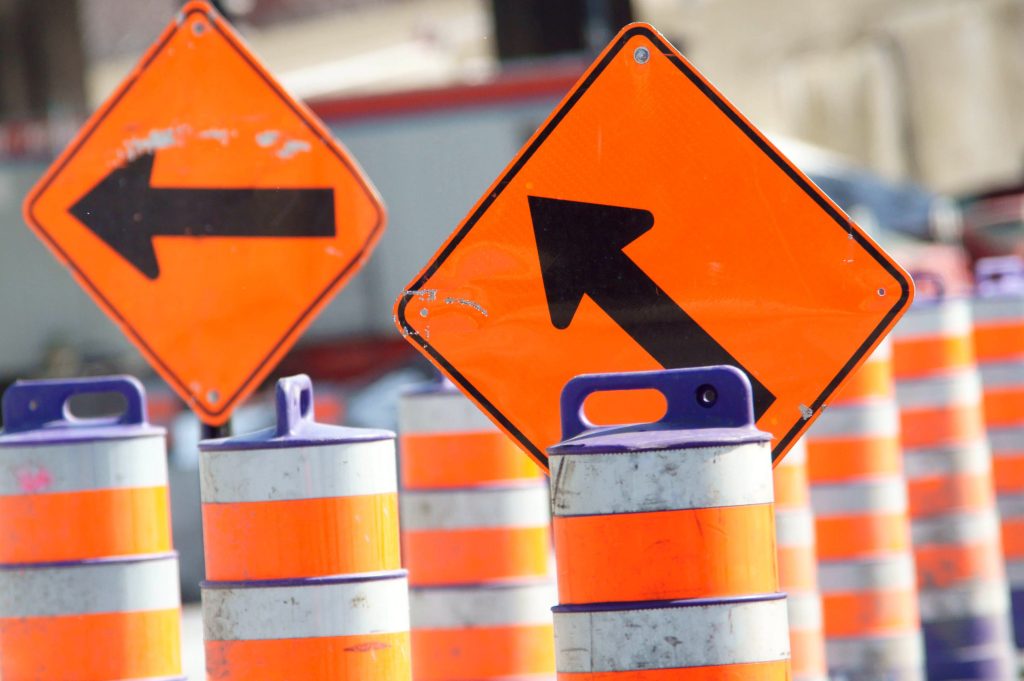Montreal converting Lachine playground into ‘sponge park’ as a solution to flooding
Posted July 21, 2023 9:31 pm.
Last Updated July 24, 2023 9:29 pm.
The city of Montreal is using soil to help deal with climate change and severe weathers, like the thunderstorms and heavy rainfall that has been causing flooding in the city recently. Lachine’s Brewster Park is the fourth urban redevelopment project that will soon turn into a “sponge park.”
“It’s going to capture the water around, so the water is not going into the sewage system,” said Lachine city councillor Vicki Grondin, who is also part of Montreal’s Commission on Water, the Environment, Sustainable Development and Large Parks. “It’s going to relieve the sewage system by maintaining the water here, so the water is not going into the Saint-Lawrence river. It’s not going to go into people’s basement.
“And as it captures the water, it’s going to act more like a cooling system for the citizens.”
Behind these “sponge parks” is the use of phytotechnology, in which plants and soil can absorb and filter the rainwater. Many cities around the world, like Rotterdam, have successfully implemented urban sponge spaces. In 2022, Montreal ranked fourth “spongiest” city by the sustainable development firm Arup.

Lachine city councillor Vicki Grondin says the future “sponge park” can hold the same amount of water as an Olympic pool. (Photo Credit: Diona Macalinga/CityNews)
“In the last few years, we have more and more heavy rains. We have more and more heat waves as well,” Grondin said, adding that the city is looking for innovative ways to adapt to global
“We need to find more innovative ways to adapt our cities. These water squares – that sponge park that we want to create is part of the solution.”
Grondin says the park will be able to hold the same amount of water as an Olympic pool. With the rainwater filtered, it prevent deteriorating the water quality of the St-Lawrence River.
Brewster Park will have a complete ecological makeover by the time work is done – which can be expected in the summer of 2024.
Plans for Brewster Park include replacing the walking trails with a retention pond and building a new playground using natural material instead of plastic. Brewster Park will also have two new curb extensions that will drain the stormwater into the park instead of the street.
According to Grondin, the city is looking to convert 25 other urban spaces into these sponge parks.



